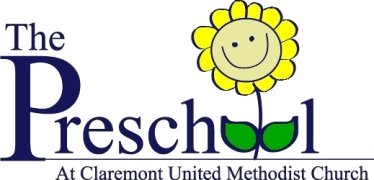Curriculum
"Our early experiences can limit or foster our intelligence."
The curriculum is thoughtfully designed to actively engage children in hands-on, multi-sensory activities that are meaningful to them therefore supporting their intrinsic love of learning. Developmentally appropriate practice emphasizes that activities should be both challenging and achievable for children.
We believe that play should be the center of a well-balanced curriculum, and provide children the opportunities to develop the necessary skills and knowledge essential for later school success. Opportunities for conflict resolution, problem solving, enhancing pro-social behaviors, and developing processing skills which greatly influence intellectual development are crucial for children.
CLASSROOMS
Classrooms are designed to meet the specific needs of each child. Our low adult-to-child ratios makes it easier to notice and respond to individual learning styles and support children’s social development
The Preschool implements curricula that fosters:
Concrete experiences in math, science and language development
An environment that encourages children to develop a sense of curiosity and inquiry
Activities that are meaningful to children and respect how they learn
A daily schedule that balances child initiated activities and teacher planned activities
A nurturing social climate where children learn to solve their problems peacefully
An environment in which children can explore, experiment, and take risks
Respect for individual differences and learning styles
developing foundational skills to promote later school success
Opportunities to build community and share family traditions

